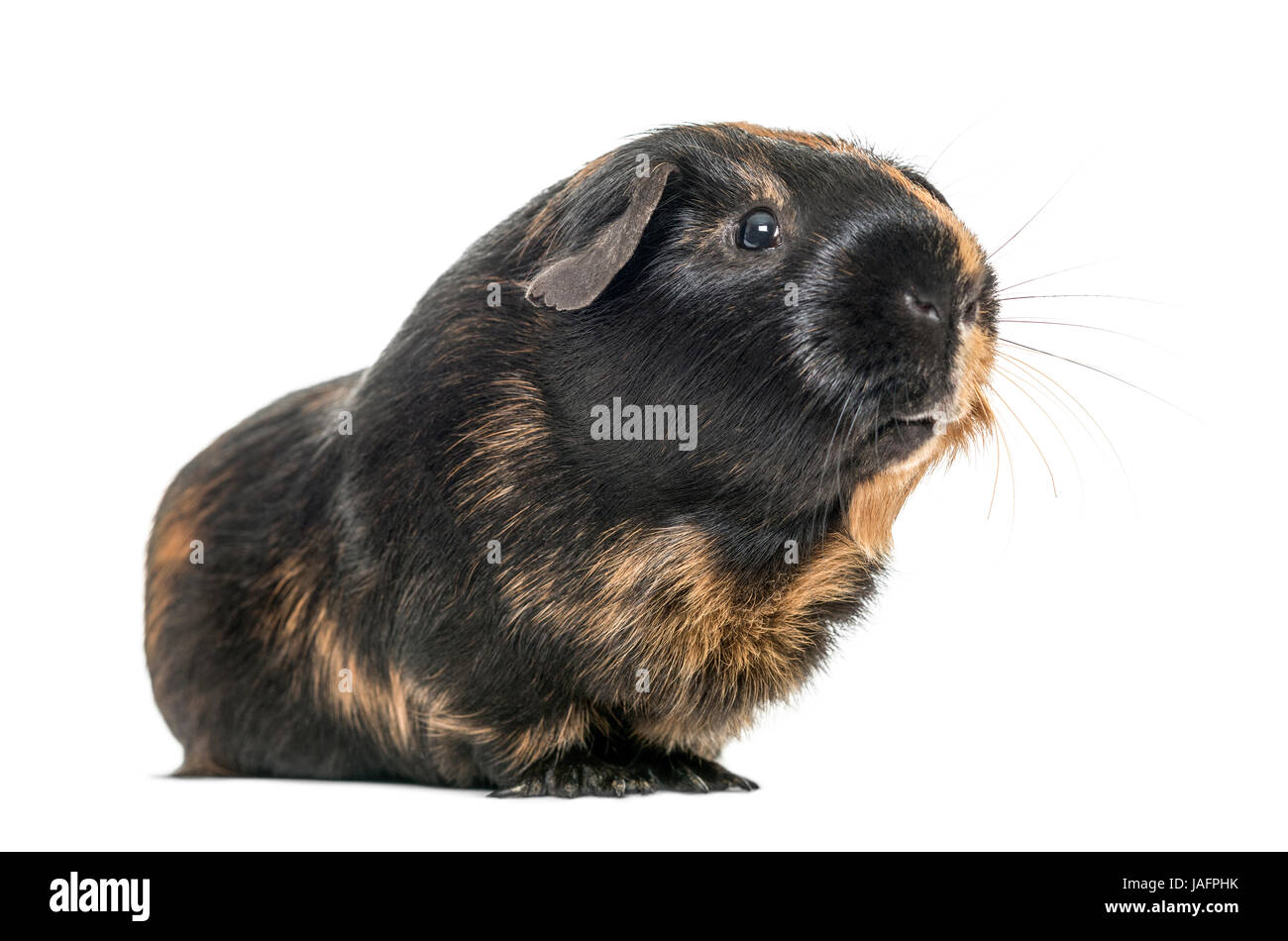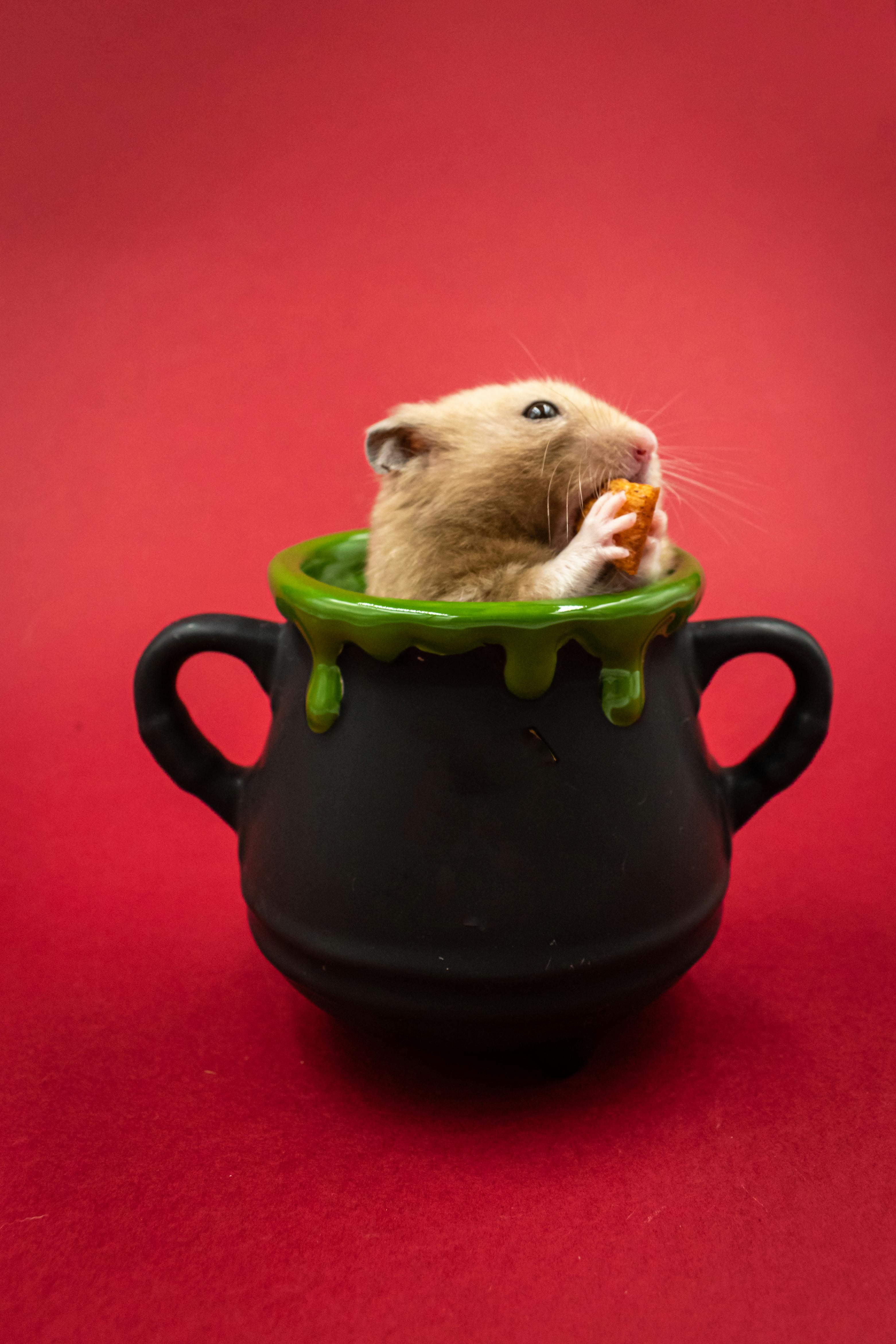Effective Ways to Enhance Syrian Hamster Diet for Optimal Health in 2025

Simple Guide to Syrian Hamster Diet: Effective Tips for Optimal Health in 2025

Understanding the Syrian hamster diet is essential for ensuring your furry companion thrives. Syrian hamsters have unique dietary needs that can vary based on their age, health, and lifestyle. In this guide, we’ll explore the best food for Syrian hamsters, including fresh vegetables for hamsters, fruits for Syrian hamsters, and hamster pellets designed for optimal nutrition. The right balance of protein, fats, and carbohydrates, alongside proper hydration, contributes to a healthy hamster. This article will provide parents and pet owners with actionable insights into feeding and caring for their Syrian hamsters. We’ll also cover common mistakes and provide insights into how to introduce new foods, making your hamster’s diet both varied and nutritious.
Key takeaways from this guide include:
- The importance of a balanced hamster diet
- How to incorporate fresh and dried foods safely
- Basic hamster feeding schedules for different life stages
- Identifying and preventing issues related to malnutrition
- Expert recommendations for high-quality hamster food
Essential Guide to Syrian Hamster Nutrition Fundamentals
Building on our introduction, let’s delve deeper into what constitutes a balanced diet for a Syrian hamster. Understanding the nutritional value of hamster food and its components is crucial for every pet owner. Hamsters are omnivores in the wild, which means their diet consists of a mix of grains, seeds, vegetables, and occasional protein sources.
Understanding the Dietary Needs of Hamsters
To ensure optimal health, it’s important to recognize the dietary needs of hamsters. A balanced syrian hamster diet includes carbohydrates, proteins, fats, vitamins, and minerals. Hamsters require around 15-20% of their diet to be protein-rich foods such as insect larvae or commercial pellets that contain animal protein.
Choosing the Right Type of Food
When it comes to selecting high-quality hamster food, always look for options that list whole grains as a primary ingredient. Avoid foods with artificial additives or excessive preservatives. Additionally, organic hamster food can be a great alternative for those who want to avoid chemicals.
The Role of Fresh Foods in Syrian Hamster Diet
Incorporating fresh vegetables for hamsters and suitable fruits not only adds variety but also enhances the nutritional profile of their diet. Foods like carrots, spinach, and apples can be offered in moderation. A good rule is to ensure fresh foods do not exceed 10-15% of their overall intake to prevent digestive upset.
Nutritional Supplements for Hamsters
To address potential nutrient gaps, many pet owners consider supplements for hamster health. Products specifically formulated for hamsters can provide essential vitamins and minerals. However, consult with a veterinarian before introducing any supplements to ensure they fit within your pet's dietary framework.
Food Storage and Management
To maintain the freshness and nutritional integrity of your hamster's food, proper food storage for hamsters is vital. Store pellets and seeds in airtight containers in a cool, dry location. Monitor expiration dates to prevent mold growth and spoilage, and always check for signs of pest infestation.
Top Fresh Foods for Syrian Hamsters
With these nutrition fundamentals established, we can explore the best fresh foods you can safely introduce to your Syrian hamster’s diet. Fresh produce can provide additional hydration and nutrients vital for your hamster's health.
Best Fresh Fruits for Hamsters
Fruits can be a tasty treat but should be offered in moderation due to their sugar content. Ideal choices for fruits for Syrian hamsters include blueberries, strawberries, and melon. Always remove any seeds and prepare them in small, manageable pieces to prevent choking.
Healthy Vegetable Options
Vegetables like broccoli, peas, and bell peppers are excellent choices for providing fiber and essential vitamins. The hamster fruit list should always be balanced with vegetables as they are higher in essential nutrients while being lower in sugar.
Incorporating Fresh Herbs
Adding fresh herbs such as parsley and cilantro not only enhances flavor but can also support your hamster’s digestive health. Many hamsters enjoy these natural flavor enhancers and benefit from their vitamins and minerals. Always wash herbs thoroughly and serve in small amounts.
Avoiding Harmful Foods
Understanding the foods to avoid for Syrian hamsters is just as important as knowing what to feed them. Never offer citrus fruits, raw potatoes, or any chocolate-based products, as these can be toxic. Stick to safe grain options and consult lists of vegetables safe for hamsters.
Meal Preparation and Serving Sizes
How much to feed a hamster will depend on its age, size, and activity level. Generally, a teaspoon of fresh food per day alongside unlimited access to dry pellets is sufficient. Monitor your hamster’s weight and adjust portions accordingly, taking care not to overfeed and contribute to hamster obesity prevention.
Homemade Treats for Syrian Hamsters
<pThis naturally leads us to the delightful prospect of creating customized meals and treats for your hamster. Homemade hamster food allows for greater control over ingredients, ensuring a healthy and varied diet tailored to meet specific needs.Simple Recipes for Homemade Treats
Making homemade treats for hamsters is a fun activity that also promotes bonding with your pet. For instance, mix rolled oats, a little peanut butter, and some mashed banana to create tiny cookies. Ensure the treat is appropriately sized to prevent choking hazards.
Understanding Fiber and Its Importance
Fiber for hamster digestion is essential for maintaining gut health and preventing obesity. Including hay, especially timothy or meadow hay, should be a part of every hamster's diet. This can provide the necessary roughage and keep dental issues at bay.
Creating a Balanced Diet Chart
Keeping track of what your hamster eats can help maintain dietary balance. Consider developing a hamster diet chart that records seeds, pellets, and fresh food intake, providing a clear overview of their nutrition profile. Using this can help in addressing any signs of unhealthy diet.
Feeding Frequency and Portion Control
Implementing good feeding frequency for hamsters involves offering fresh foods daily while reserving specific treats for special occasions. This helps maintain their interest in food while also allowing for controlled intake, which is crucial in managing dietary restrictions for hamsters associated with age or health conditions.
Observing Hamster Behavior with Foods
Finally, understanding how to best adapt your hamster’s diet involves closely monitoring their reactions to new foods. Watch for any signs of allergic reactions or digestive issues, such as diarrhea or lethargy. It’s important to track changes to identify food allergies in hamsters and eliminate any problematic items from their diet.
Q&A Section: Common Questions about Syrian Hamster Diet
As we conclude this comprehensive guide, here are some frequently asked questions that pet owners often have regarding the feeding of Syrian hamsters.
What Is the Best Food for Syrian Hamsters?
The best food options for Syrian hamsters include a combination of high-quality commercial hamster pellets, fresh vegetables, and occasional treats. Look for brands with high nutritional content and avoid additives.
How Often Should I Feed My Syrian Hamster?
Feeding your Syrian hamster once every day is typically recommended. Ensure they have access to fresh water at all times, and adjust the portions based on their age and activity level.
Can Hamsters Eat Fruit Every Day?
Fruits should only be provided as an occasional treat. Aim for a small piece a few times a week to avoid excess sugar intake which can lead to health issues.
What Is a Safe Water Source for My Hamster?
Always provide a clean, fresh water bottle for hydration. Regularly check for leaks and refill the water daily to ensure that your hamster has continuous access to hydration.
How Can I Introduce New Foods to My Hamster?
When introducing new foods, do so gradually. Start by offering a small amount and observe how your hamster reacts. If they show any signs of distress, cease offering that particular food.
